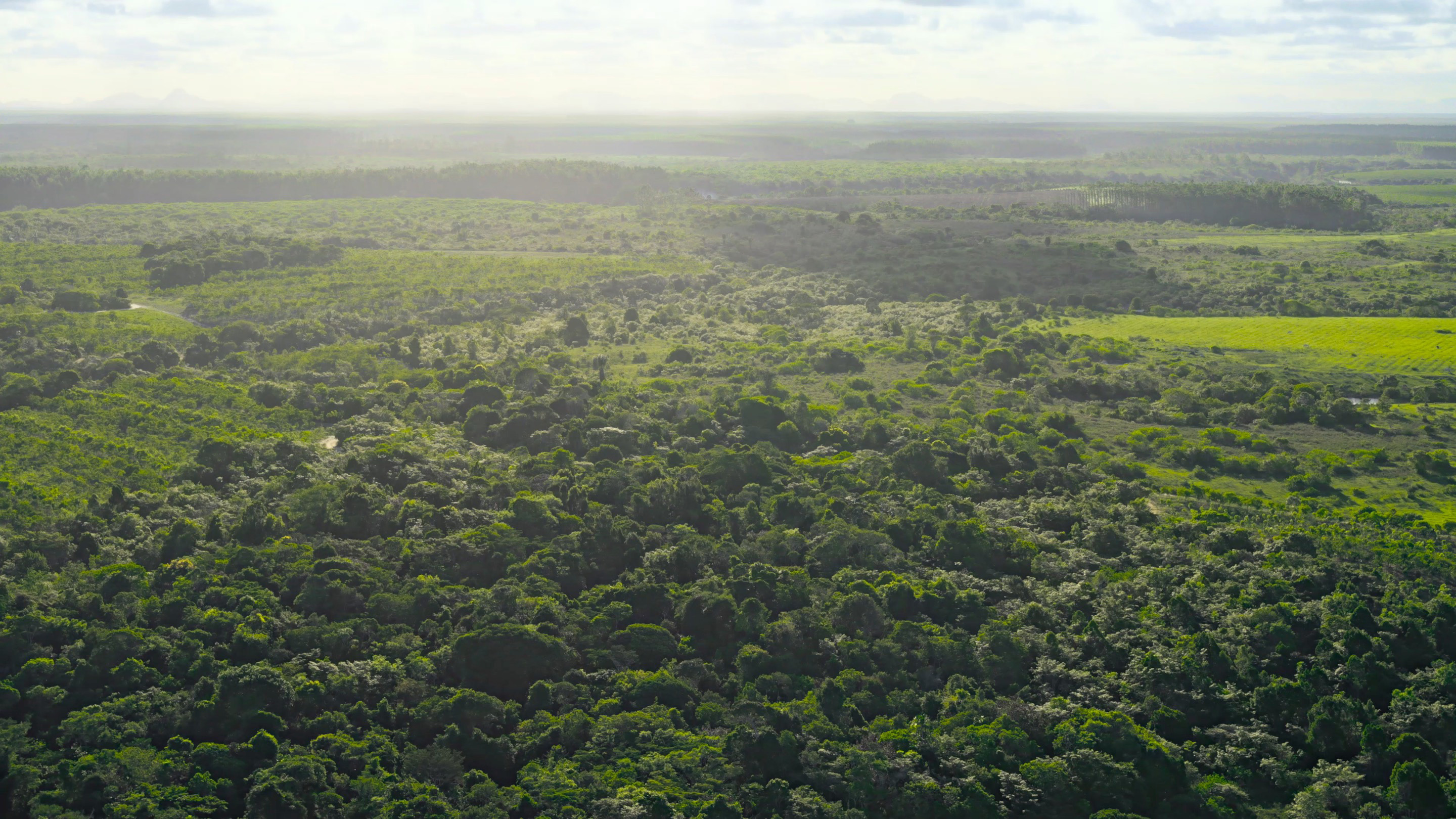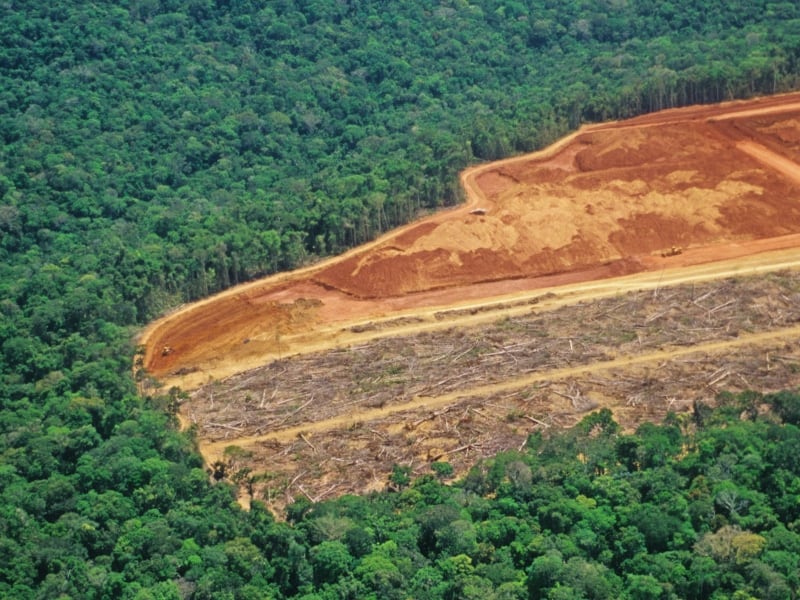Study quantifies impact of human activity on Atlantic Rainforest's

The countless benefits of native forests include the capacity of tree biomass to store large amounts of carbon, which can counterbalance greenhouse gas emissions into the atmosphere. A paper published in the journal Science Advances reports on an innovative analysis of a large dataset designed to clarify the concept of carbon sequestration, a strategic issue in the discussion of global climate change.

Measuring human impacts on tropical forest remnants
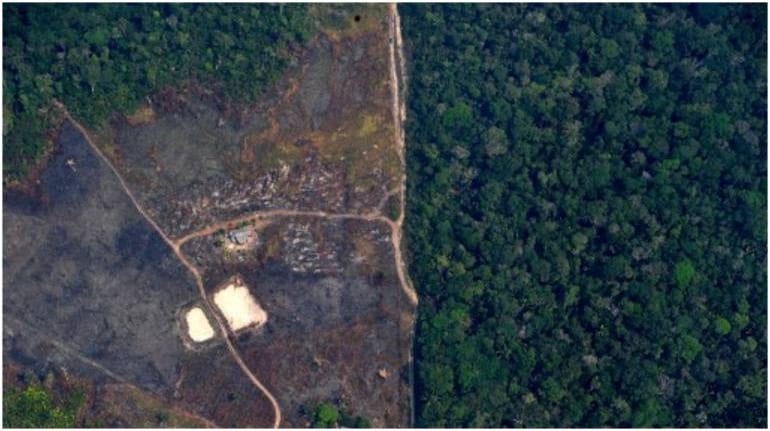
Human activity degraded more than a third of remaining forest: Study

Positive Human Impacts on Rainforests
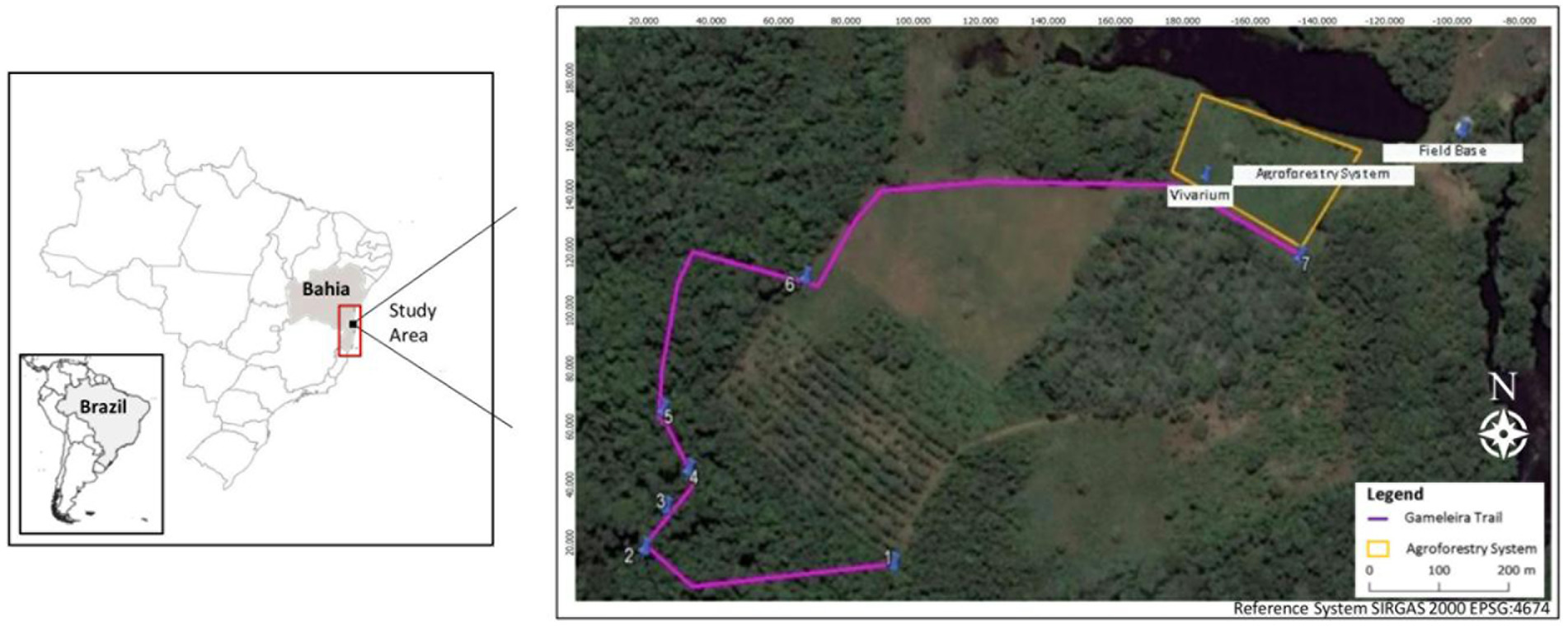
Frontiers Learning in the forest: environmental perception of Brazilian teenagers

Media highlights - Research Supported by FAPESP

One Third of the Has Been Degraded by Human Activities

Environmental News Network - Climate
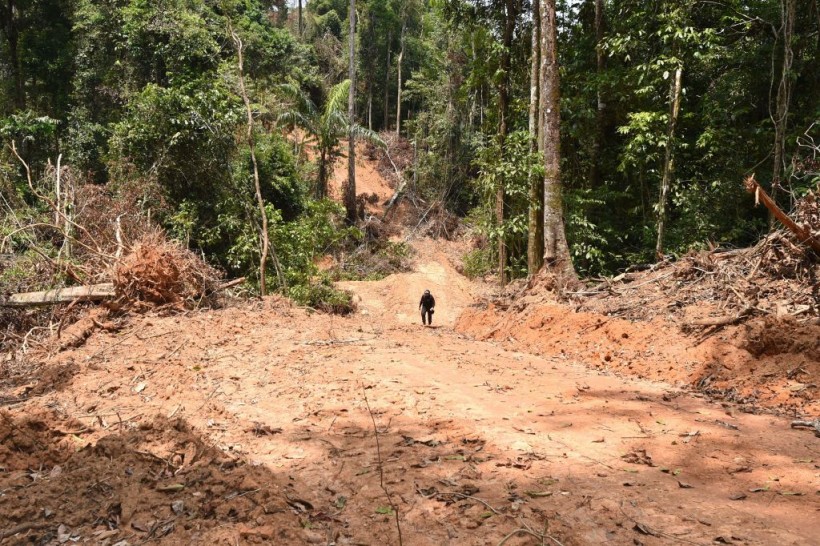
Drought Plus Human Activity is Destroying More than a Third of the
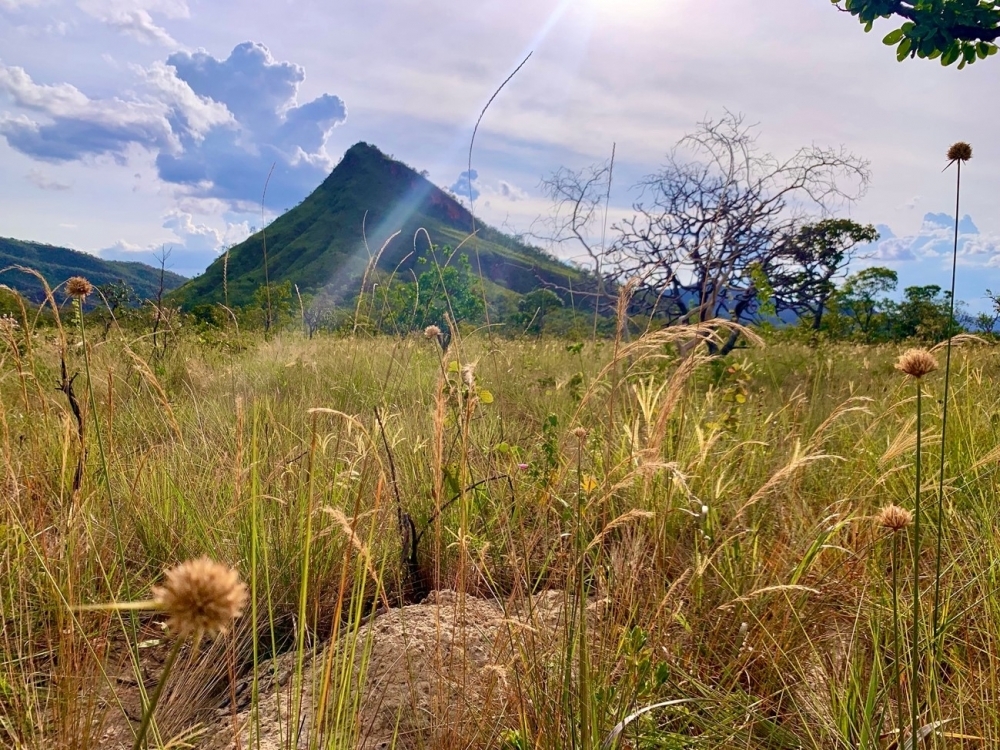
FAPESP and the Sustainable Development Goals
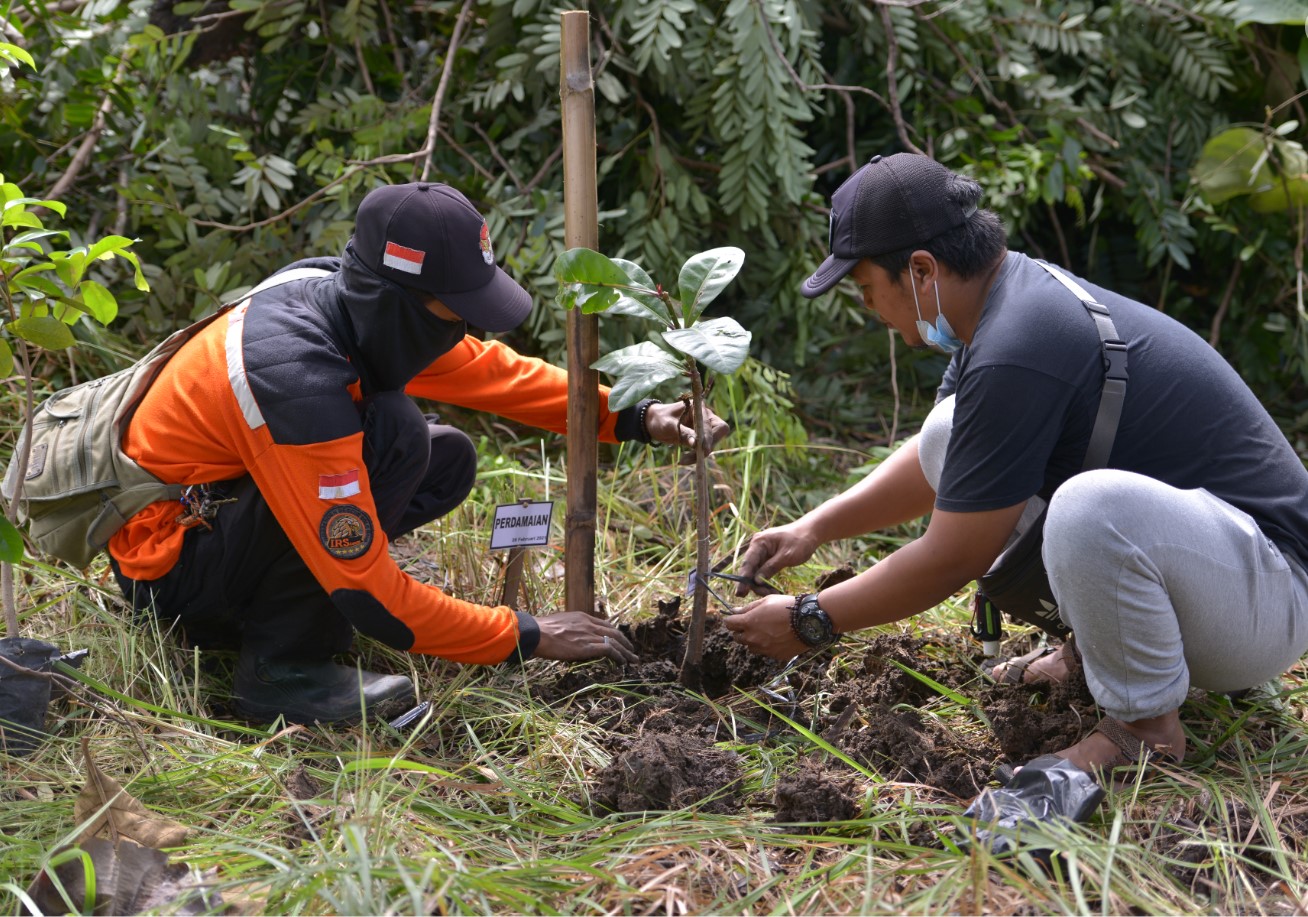
Restoring Degraded Forests Could Bring Back Lost Rainfall, Cooler Temperatures

Saving North American Ash: W&J research team studies effects of emerald ash borer in Allegheny National Forest - Washington & Jefferson College
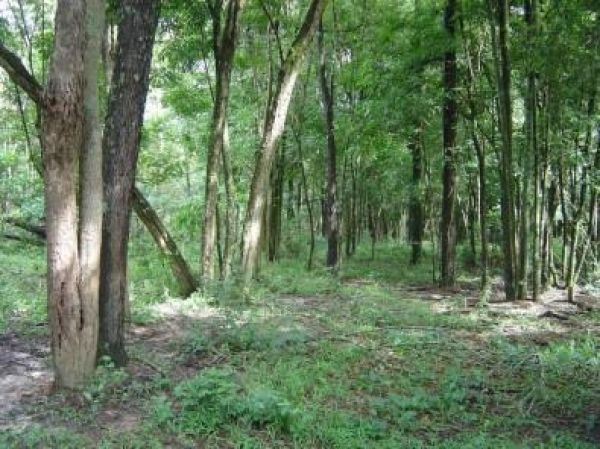
Environmental News Network - Over 80% of Atlantic Rainforest Remnants Have Been Impacted by Human Activity
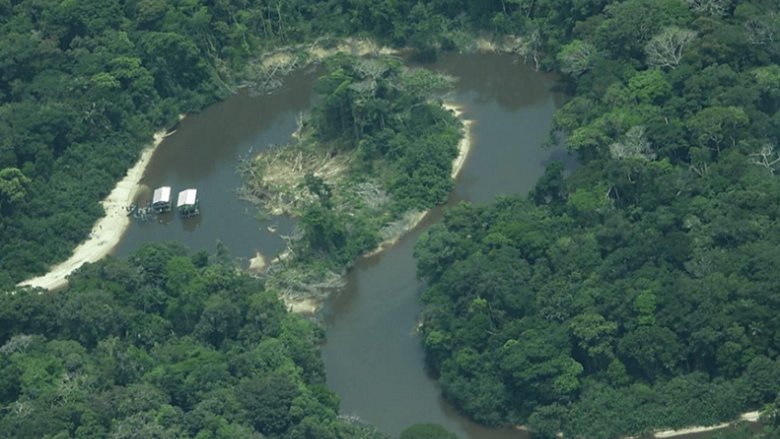
Regional Collaboration to Address the Impacts of Mercury Pollution in the
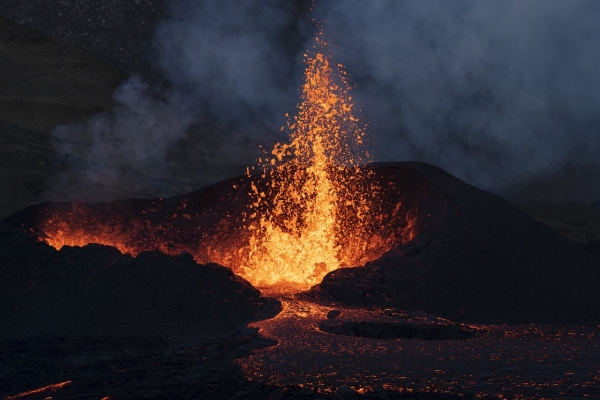
Environmental News Network - Climate

The Domino Effect: How Deforestation Can Trigger Widespread Degradation - CPI










